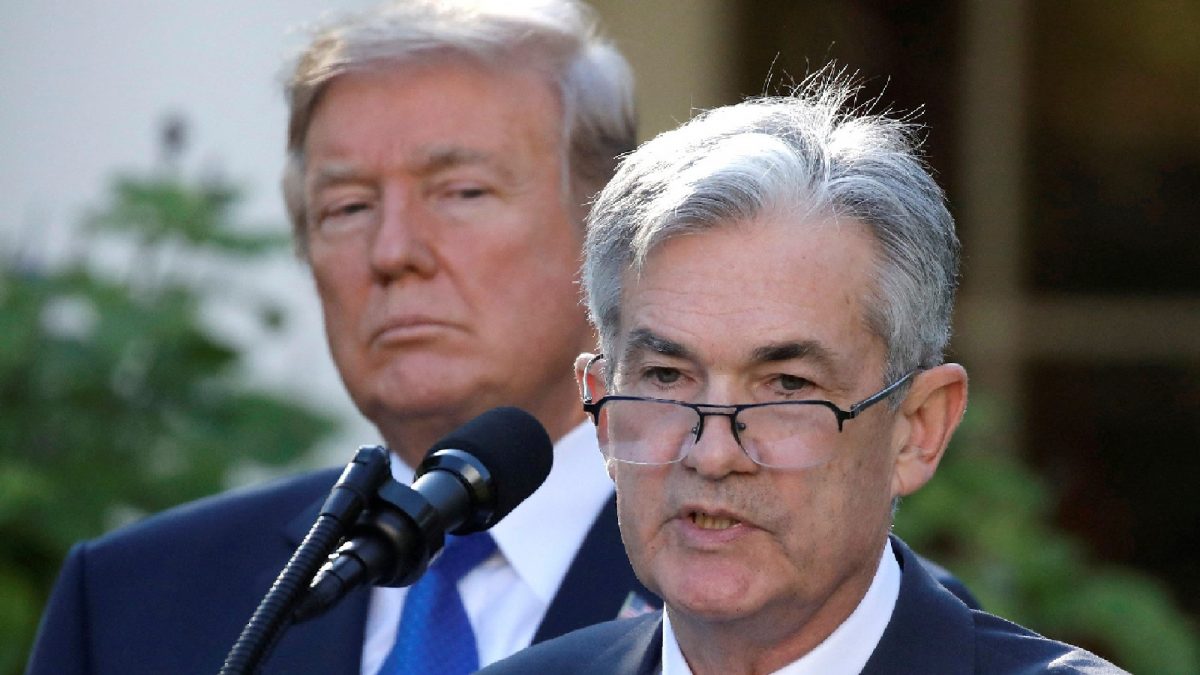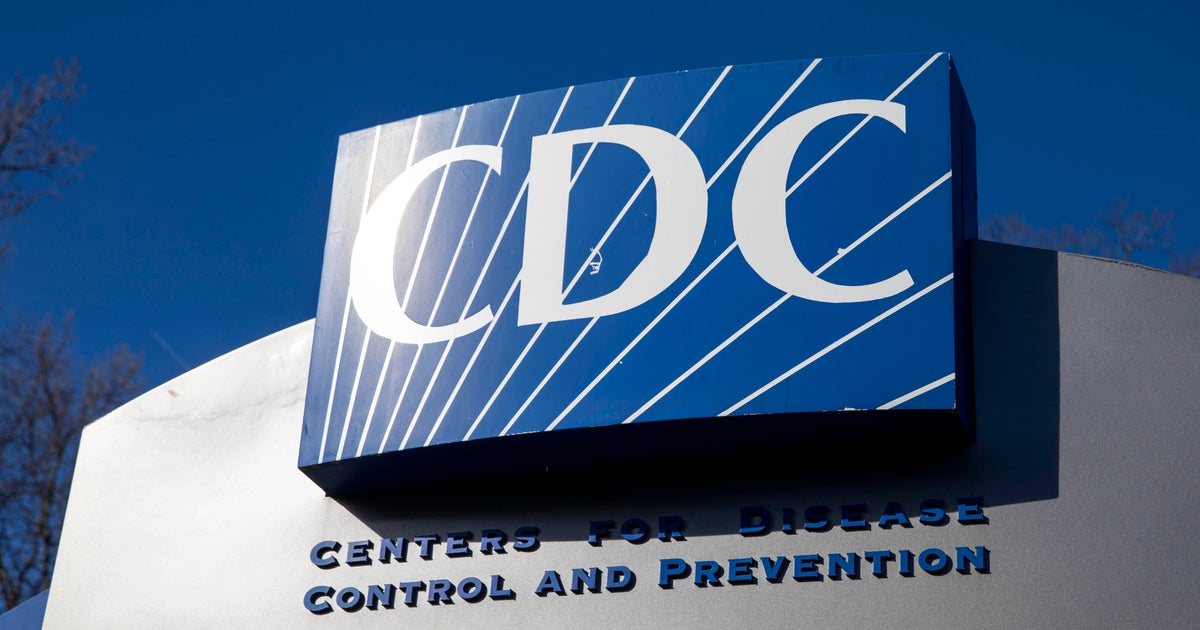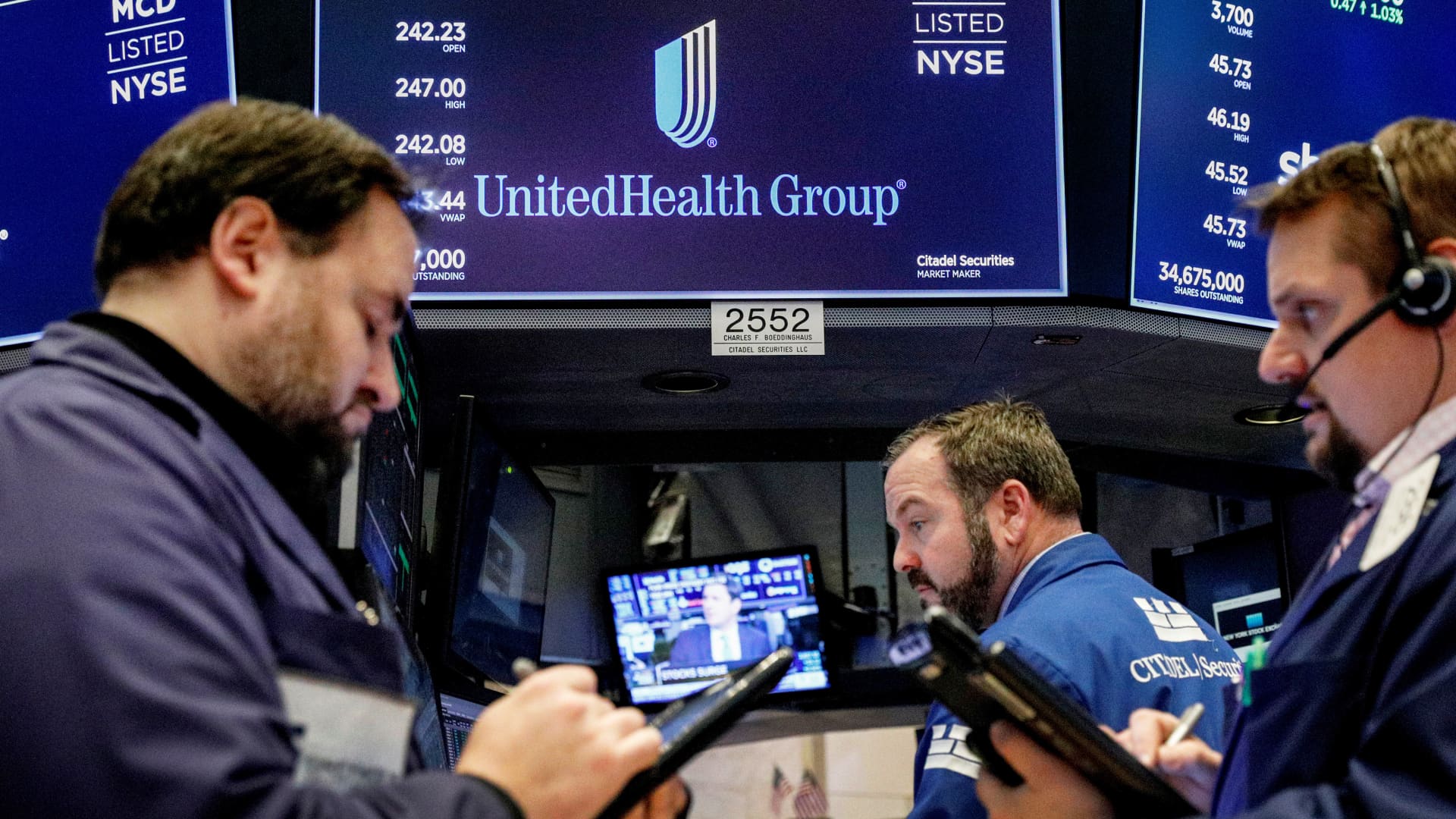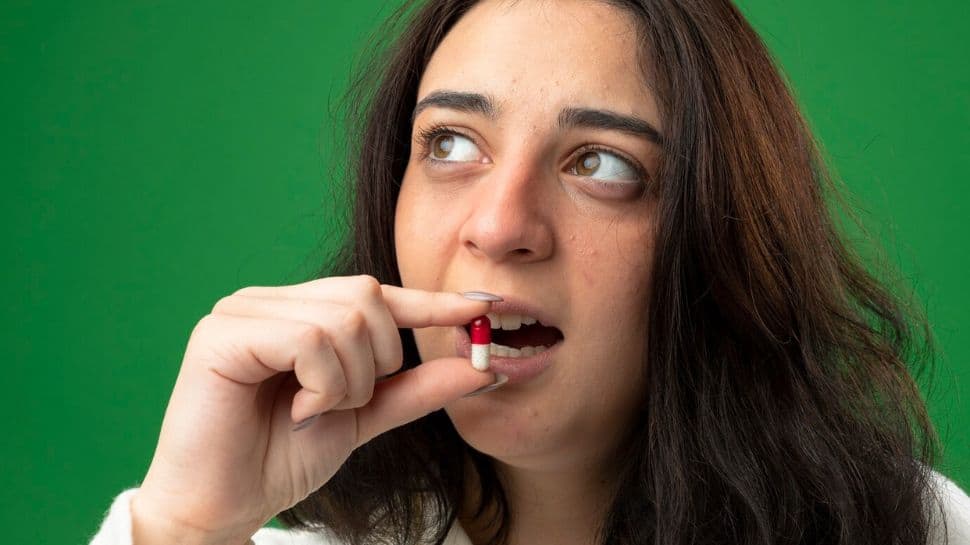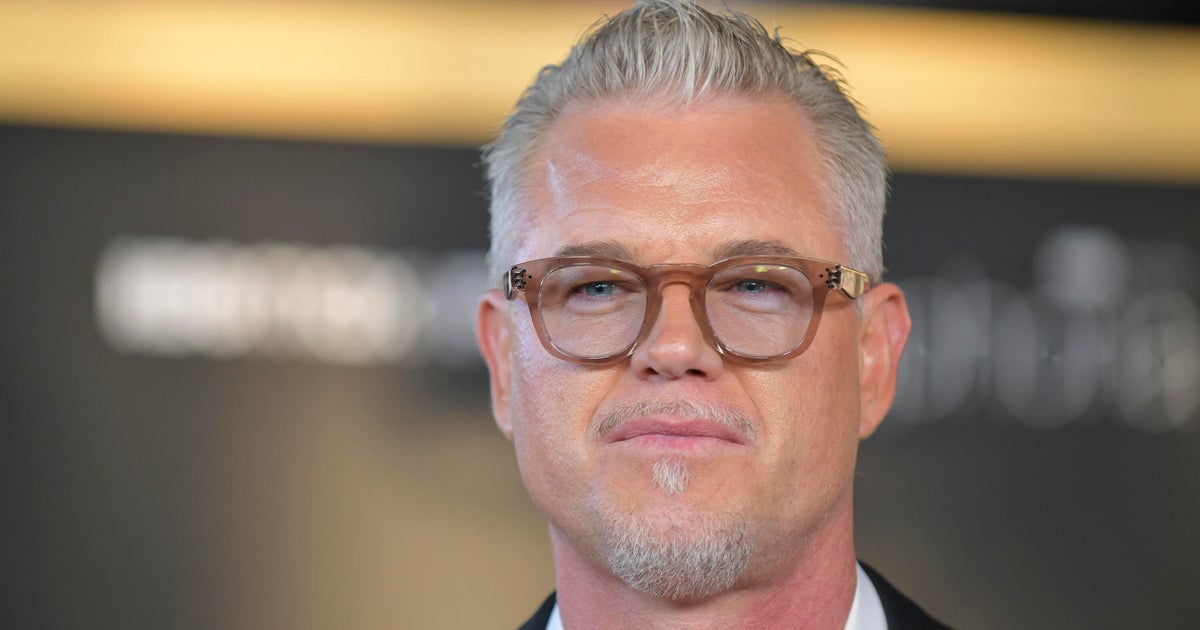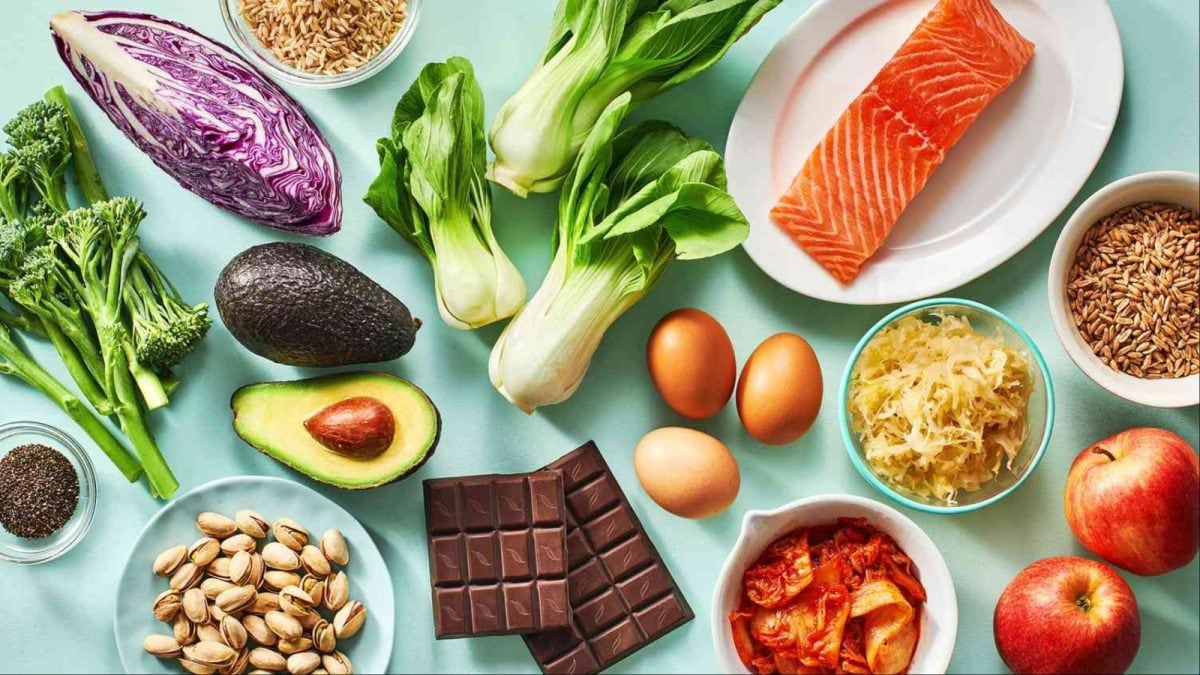Last Updated:
Whether it’s by embracing whole foods, staying hydrated, or working with a dietitian to create a tailored plan, patients can take active steps toward healing through informed nutrition. Food, indeed, can be powerful medicine.
Antioxidant-rich foods like leafy greens, berries, and nuts help combat oxidative stress—a condition linked to the development of various cancers
Nutrition plays a critical role in the fight against cancer—not only in prevention but also in supporting patients during treatment and throughout recovery. With growing research and clinical insight, leading oncologists emphasize that what we eat can significantly influence our overall cancer journey. Let’s discuss the powerful impact of dietary choices across every stage of cancer care.
The Preventive Power of Nutrition
“Nutrition is a powerful tool in both cancer prevention and recovery,” says Dr. Ghassan K. Abou-Alfa, MD, Gastrointestinal Medical Oncologist, MSK. A diet rich in whole, plant-based foods—such as fruits, vegetables, whole grains, and lean proteins—can help reduce chronic inflammation, support immune function, and lower the risk of developing cancer.
According to Dr. Abou-Alfa, antioxidant-rich foods like leafy greens, berries, and nuts help combat oxidative stress—a condition linked to the development of various cancers. He also stresses the importance of maintaining a healthy weight and limiting consumption of red meat, processed foods, and added sugars, which are associated with increased cancer risk.
Nutrition During Treatment: A Key Supportive Strategy
When undergoing treatment—whether it’s chemotherapy, immunotherapy, biologic therapies, or innovative cellular therapies pioneered by MSK—nutrition becomes even more essential. “Proper nutrition is vital to support the body’s ability to heal, maintain strength, and cope with side effects such as fatigue and loss of appetite,” notes Dr. Abou-Alfa. Treatments often affect taste, digestion, and appetite, making it important to personalize nutrition plans based on individual symptoms and tolerances.
Dr. Nour Abuhadra, MD, Breast Medical Oncologist, MSK, emphasizes that “nutrition in cancer care extends beyond general well-being—it is an integral part of both prevention and recovery.” During treatment, ensuring adequate protein intake and calorie consumption is crucial to preserve muscle mass, bolster immunity, and sustain energy levels.
Dr. Abuhadra highlights the importance of hydration, balanced meal planning, and food safety—especially for patients receiving chemotherapy or those with weakened immune systems. “While supplements can be helpful in specific scenarios, high doses of vitamins, minerals, or herbal supplements may interfere with cancer treatment and should always be taken under medical supervision,” she adds.
Post-Treatment: Nutrition for Recovery and Long-Term Health
Even after treatment ends, nutrition continues to play a vital role in long-term survivorship and health maintenance. “A diet focused on whole, plant-based foods can help reduce the risk of recurrence and support overall well-being,” says Dr. Abou-Alfa. He encourages survivors to make informed food choices that promote resilience, immune strength, and energy.
Dr. Abuhadra adds that Medical Nutrition Therapy (MNT)—a personalized nutrition plan designed in consultation with a clinical dietitian—can be immensely helpful. “Every patient’s nutritional needs are different. MNT allows us to tailor strategies for managing symptoms, enhancing recovery, and improving quality of life post-treatment.”
From prevention to post-treatment recovery, nutrition is an indispensable ally in cancer care. As Dr. Abou-Alfa and Dr. Abuhadra explain, eating well can reduce risk, support the body during rigorous treatments, and enhance long-term recovery. Whether it’s by embracing whole foods, staying hydrated, or working with a dietitian to create a tailored plan, patients can take active steps toward healing through informed nutrition. Food, indeed, can be powerful medicine.










